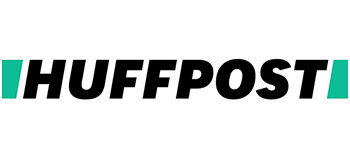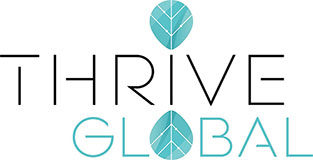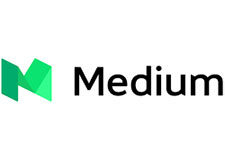
Work Is Changing, So Why Not Our Words?
MichaelSunnarborg / April 30, 2018 Article, Image, Link / Leave a Comment
As we observe continuous shifts in our society, we also see rapid changes in the landscape of work. We’re moving from brick and mortar stores to online shopping carts; from hiring co-workers to engaging co-creators; and from managing by control to leading with support.
But not everyone is on the same page.
In the sphere of management and leadership, we’re evolving in some areas—but not all. Whereas the post-war industrial age of the 20th century thrived on top-down leadership in order to get things done, the 21st century, thankfully, is evolving to embrace values of empowerment and innovation.
Sure, we are starting to see more enlightened leaders stepping up, but we also have a legacy of bad bosses—those who still believe in micromanagement or using their power to manipulate and control. Good luck with that. Today’s workforce demands that leaders be transparent and start leading by example.
Another critical component in large-scale change is to update our language—an aspect that actually defines our culture. Words are powerful, and the words we use hold more than literal meanings; they also contain history, associations, and connotations. As old words become obsolete, so does the context often associated with them.
If the landscape of work is changing rapidly, why aren’t we updating our words to describe it?
I believe we can evolve our antiquated employment vernacular by using terms that better reflect the new face of employment and thereby upgrade potentially negative connotations associated with these terms.
With that in mind, here are some examples of how we might create a new work vocabulary:
Conversations replace “Networking” (see also Discussions). Traditional networking can be loaded with assumptions about exchanging business cards and who’s scratching whose back rather than focusing on the art of conversation. Besides, real networking is just a series of conversations between people desiring to learn more about each other and share their wisdom. Why make it so formal? Soften it. When we make conversations more personal, our connections become more authentic.
Discussions replace “Meetings” and “Interviews” (see also Conversations). Often, meetings can be unproductive or tedious—checking off agenda items or filling time as part of due diligence. Discussions can be relevant and focused so that they result in people coming to a new understanding or making a decision. Interviews are simply discussions focused on employment alignment and mutual fit. Wouldn’t it be more natural if a potential employer invited you in for a discussion rather than an interrogation?
Co-creators replace “Co-workers.” With this powerful change in perspective, we are no longer just workers. We are individual creators coming together to form something bigger than ourselves. Every interaction is a co-creative experience. Why not call it what it is? When we work together, we co-create things we couldn’t have created alone. This is the heart of true collaboration.
Collaborative Space replaces “Office.” As many traditional offices are being replaced with conference calls and virtual boardrooms, collaborative spaces can be created anywhere and span any distance. In addition, the traditional office might be a place where we’ve felt suppressed and stifled, while in a collaborative space we can feel appreciated and inspired. It’s subtle, but the name sets the tone.
Portfolio replaces “Resume.” Traditional resumes, while they serve a purpose, are often filled with irrelevant information. A portfolio can be a document, website, video, or other medium that contains a collection of the accomplishments that we’re most proud of. Portfolios give potential co-creators a peek into how we’ve applied our strengths and talents along our career path, and also give them a glimpse into what we’d like to create next. Ditch the traditional list—it’s time to show and tell.
Create replaces “Work.” While this may be a stretch to replace word-for-word, the concept is sound—instead of working, we are creating. And since we are connecting with co-creators (formerly known as co-workers) in a collaborative space (formerly known as the office), it only makes sense to acknowledge that we are creating (formerly known as working).
Can simply changing our vocabulary change our mindset? If we’re ready to embrace change, you bet it can. And if we can update our perspective—and perhaps a word or two along the way—we can set the tone for a more productive and enjoyable creative experience.
Michael Thomas Sunnarborg helps people find clarity and balance in all areas of life. Learn more at michaelcreative.com
Enjoyed this article? Find more of Michael’s stories, insights, and life lessons in Bald Men Don’t Use Hairspray and Other Assumptions, or another one of Michael’s books at michaelcreative.com/books
Image: Pixabay.com




A real timely piece, Michael. Also worth mentioning is that organization’s can totally change their perspective on their approach to work by updating their cultural language as well.
Spot on, Sayre. The language of an organization really sets the tone for their attitudes and perspectives about their culture and the ways in which they treat their employees. We see good and bad examples of that every day!